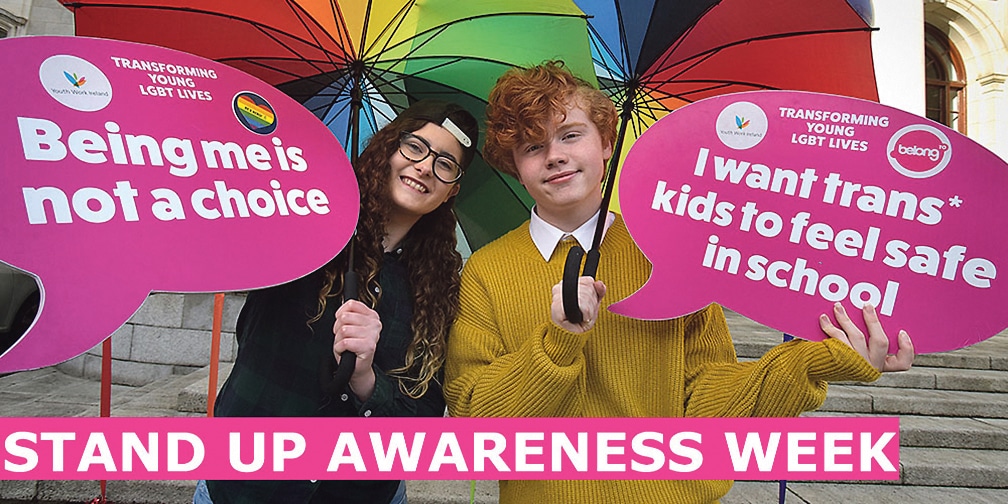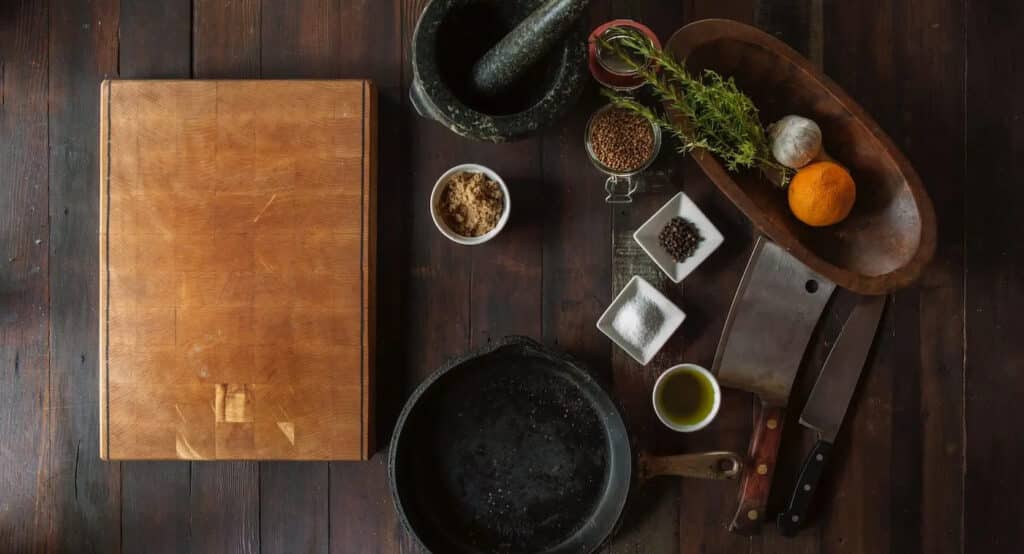Fern Higgins Atkinson, chairperson of BRÓD and Youth Development Officer in the Ability Programme, West CFern Higgins Atkinson is Chairperson of BRÓD and the Youth Health Promotion and Development Officer in the Ability West Cork Programme, West Cork Development Partnership. This month she discusses ‘back to school’ and highlights some challenges that LGBT+ teachers and students may encounter.

“Approximately 4,000 school teachers are hiding their sexuality due to discrimination fears” (INTO, 2021)
When I started to think about this article, back to school was in full swing. It had crept up on me this year; the summer had whizzed by and suddenly, my youngest two children were asking for pieces of new uniform and other such things that are required for the back to school bonanza. My other four were moving along, out of school and expanding their horizons. All of the normal sequences of life were clicking into place, as was the case every September, yet another year on. This merry dance, the juggle of lidless lunch boxes and huge school bags, checking hand-me-down school jumpers for holes and, of course, buying exam papers (yet again and again and again). Waiting for the school bus; “Was it early? Is it late? Who knows! I’m driving you in or I’ll be late for work…” Familiar statements that happen every September while we try to navigate our way out of the freedom of summer and into a formal and structured existence once again. Tired teens plugging themselves back into the system for yet another year. Parents and carers attempting to send their children back to school in proper uniform. Buying shoes only to be told; “No boots, no white bits, black laces” and so on. The usual hubbub that is worthy of a slapstick comedy if only it were funny.
In 2015, a bill was passed in the Dáil; ‘The Equality (Miscellaneous Provisions) Bill 2013’. The bill amended the provisions of Section 37(1) of the Employment Equality Act. In a nutshell, Section 37 had allowed for discrimination against workers based on their sexual orientation and family status. Back in 2000, schools in Ireland that were run by religious institutions, were exempt from certain areas of equality law due to the considerations of their religious ethos and consequent teachings. These exemptions were passed by the European Equality Directive at the time and allowed schools, underpinned by a religious ethos, to discriminate against employees. The passing of the bill in 2015 was welcomed by advocacy groups and teachers unions. At the time, the director of education policy in GLEN (The Gay and Lesbian Equality Network), Sandra Irwin-Gowran, said; “It provides a critical springboard for the cultural change needed in our schools – change that ensures all people, whether they’re working or learning, can do so in an environment that is welcoming and affirming of who they are” (O’Brien, 2015). This statement resonates with me in the return to school tsunami. The progress that has been made over a number of years regarding inclusion, equity, equality and breaking down stigma is great. The LGBT+ community is visible in the media, through awareness campaigns, on film, in our society and our families. But are they visible in our schools? Despite the passing of the bill in 2015, the INTO (Irish National Teachers Organisation) still suggest that there are many teachers that are not comfortable “revealing their true identities in schools” (McKeown, 2021). The INTO president, Joe McKeown, suggests that “when the patron of a school feels that the actions of LGBT+ teachers are intrinsically disordered, it is difficult for LGBT+ teachers to feel protected or valued”. This is a stark reality that many of us do not have to consider in our working lives.
That the very core of our human selves could be diminished in such a way is hard to take on board. This leads me to ask this question. If our LGBT+ teachers are feeling unsupported and fearful, what is the knock-on effect of this to our children?
Our children spend vast amounts of their childhood and teenage years in the formal school environment. This is a formative time, in their social and emotional development, as well as the academic side of things. The aim of school may be formal learning with a hope towards college and work, but in reality, school life is mostly about the social learning that is accrued.
School life for teenagers is rolled-up skirts, skinny pants, hoodies, earrings, nose rings, ring rings, belly tops in PE, make up, normal hair, coloured hair, shaved heads and beards, spots, sweat, puberty. Kids being pantsed, first years being pocketed or bushed, older kids with cars, older kids with no cars, kids with no money, kids who have lost a parent, normal kids and weird kids, musical kids and sporty kids, first kisses and raging hormones. Thoughts of sex, having sex, not having sex. Discos, backs of buses, rites of passage, friends, enemies and everything in between and around the sides. My point is, being young, being a teenager, is exciting and terrifying. New experiences and risk taking are par for the course. Feelings of belonging, feelings of isolation, both wanting attention yet hating it too. The extremes of covering and uncovering the developing body. The revealing and exploring of sexuality. The exploration of identity.
Amazing work is being carried out across the country, in our schools, colleges and advocacy services to raise awareness and support both LGBT+ adults and young people. Over the last couple of years there has been increasing pressure to ensure that our young people are supported appropriately in their places of education. The National Council for Curriculum and Assessment (NCCA) is currently undertaking a major review of Relationships and Sexuality Education (RSE) in both primary and post-primary schools, and, within this, an inclusive programme on LGBT+ relationships is to be developed. An overhaul of the RSE/ SPHE programmes is welcomed, particularly by young people themselves. An example of this expression of need includes a study conducted by the Transgender Equality Network Ireland (TENI) and the University of Limerick in 2020. The study was based upon 18 months of research over a cross-section of young people, education stakeholders and unions. One of the discoveries was that transgender and gender diverse youth feel marginalised within their post-primary schools and do not have the equality of educational opportunity as others. Other findings were that the “key transition challenges encountered by transgender and gender diverse youth included: misnaming and misgendering; restrictive uniforms, bathroom accessibility, staff prejudice, peer bullying, barriers to sports, and, a lack of support” (McBride, 2020). Only this year, in April, a new sex education programme for Catholic primary schools was developed by the Irish Bishops Conference (IBC). This included statements surrounding the fact that the Church’s teachings on marriage between men and women cannot be omitted and that “puberty is a gift from God. We are perfectly designed by God to procreate with him” (IBC, 2021). Considering the Vatican’s stance on same sex unions (that they cannot be blessed), is it appropriate that a relationships and sexuality programme for primary schools be developed and implemented when designed by Catholic Bishops?
There has never been a better time to start these conversations. We are all entitled to our private beliefs, prayer, spirituality and moral standpoints. By writing this column, I am not attempting to impose my spiritual persuasions upon anyone. I am merely raising questions of inclusivity, respect, openness and feelings of safety. Our places of education are pillars of our society. They are hot houses of innovation, ideas, participation and growth. We must strive to support all who abide within the walls of these institutions; this includes teachers and students. Check out advocacy and education groups such as Shoutout, BeLonG To, LGBT Ireland and TENI. The CIT (now MTU) LGBT+ society launched its first Gender and Sexuality Alliance (GSA) training day in 2020 and have consequently published guidelines on how to set up a gay/straight or gender and sexuality alliance in your secondary school. The INTO has formed an LGBT+ teachers group to support and advance the cause of lesbian, gay, bisexual and transgender primary school teachers. BeLonG To’s annual Stand Up Awareness Week takes place from November 15-19and is an opportunity for second level schools, youth services and Youthreach to take a stand against discrimination and bullying (loads of resources for educators available on the BeLonG To website).
Huge work is being done to further advocate for our young people and their educators. Let’s keep the conversation going, create safe spaces and open our minds to a truly inclusive educational experience.



